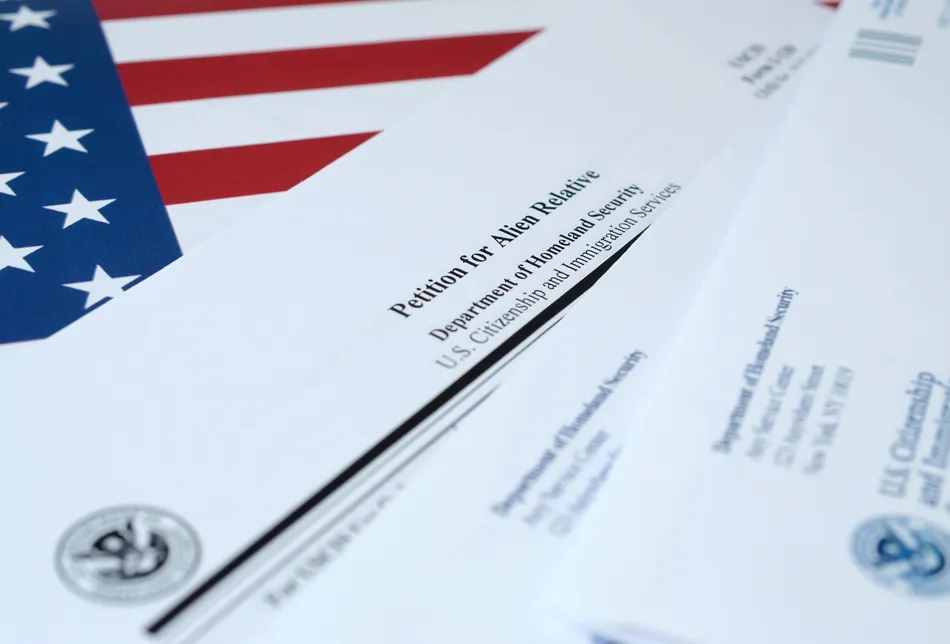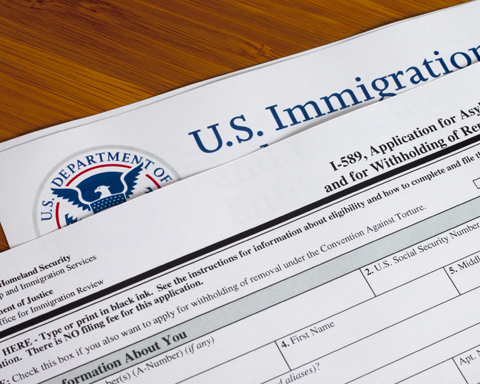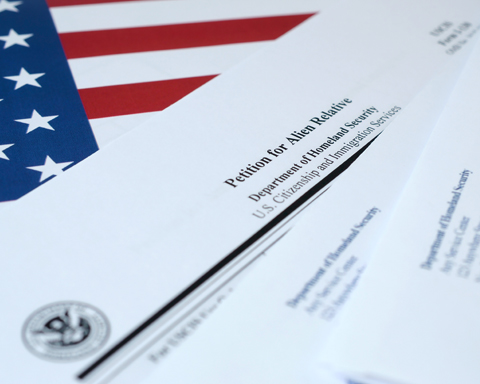Burbank Family Petition Lawyer

Burbank Family Petition Attorney
Family petitions are the most common method through which individuals apply for legal permanent residence (green card). Family petitions are divided into two main categories and each category has its own subcategories.
Immediate Relatives Catagory
This is the fastest way through which an applicant can immigrant to the United States and receive legal permanent resident because a visa number is immediately available and the there is no waiting period except for the time needed for the processing of the petition.
Relatives Eligible for the Immediate Relative Category
A. Children of United States Citizens. To qualify as a child, the son or daughter must be under 21 years old at the time the petition is filed. Stepchildren qualify under this category if the marriage creating the stepchild stepparent relationship was entered into before the child turned 18 years old and the petition was filed before the child turned 21 years old.
B. Spouses of United States Citizens. To qualify as a spouse, the marriage must have been entered into in good faith and not for immigration purposes. A spouse receiving his/her legal permanent residence under this category will receive a conditional legal permanent resident status if the marriage occurred before two years from the date the legal residency is granted. Individuals receiving a conditional legal permanent residence status must file a joint petition to remove the conditional status 90 days before the current status expires. Certain applicants might qualify for a waiver from the joint filing if they meet certain conditions.
A widow or widower qualifies under this category if she or he were married to the U.S. Citizen for two years and petition is filed within two years of the spouse’s Death.
C. Parents of United States Citizens. A U.S. Citizen Son or daughter may file an immediate petition for the parents. The son or daughter must be over 21 years old and must have been the child of the parent as required by the regulations.
Family Petitions through the Preference System
If an individual family relationship does not fall under any of the above categories, he/she may still qualify for legal permanent residence through the preference system. Unlike the immediate relative category, the preference system has a waiting period, which can run for many years depending on the type of petition filed, and the beneficiary’s country of birth.
Relatives Eligible for the Preference System
A. First Preference. This includes unmarried sons and daughters of U.S. Citizens.
B. Second Preference. This is divided into 2 preference systems:
1. Spouses of legal permanent residents.
2. Unmarried sons or daughters of legal permanent residents.
C. Third Preference. This preference includes married sons and daughters of U.S.
D. Fourth Preference. This includes brothers and sisters of U.S. Citizens.
Age Out Immigration Issues
When a child is included in a derivative petition, he or she may age out (turn 21) before legal permanent residence is granted. In this case, reference should be made to the Child Status Protection Act which may protect the child’s eligibility even if he/she turned 21 years old.
Immigration Admissibility
Persons who qualify under the immediate relative or the preference system must also show that he or she is not inadmissible under any of the inadmissibility grounds. Certain waivers are available for individuals who full under some of the inadmissibility grounds.
Contact us today to schedule a consultation with our Burbank family petitions lawyer.
Contact us To Schedule A Consultation
To learn more about the services offered by The Law Office of Attorney Nabil E. Chelico, call our
firm or send us an email. We have offices in Burbank and Irvine.
confidential consultation 213-234-9592








